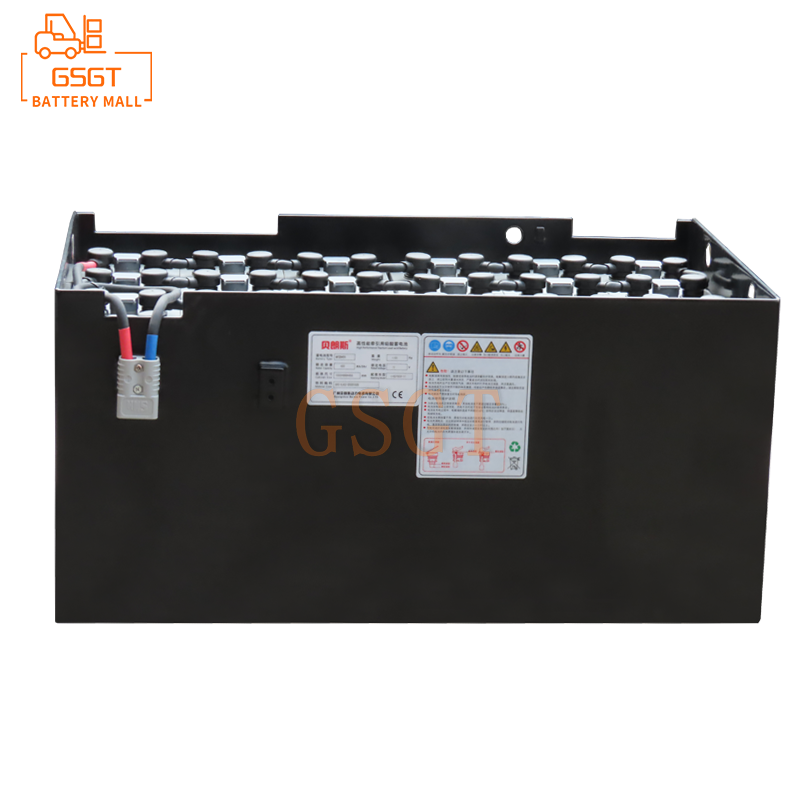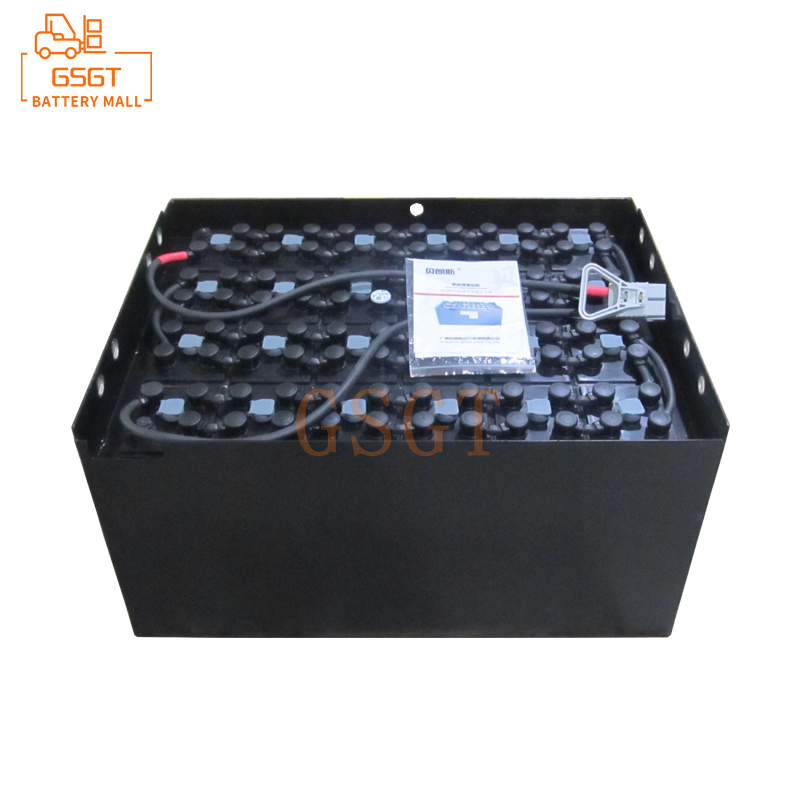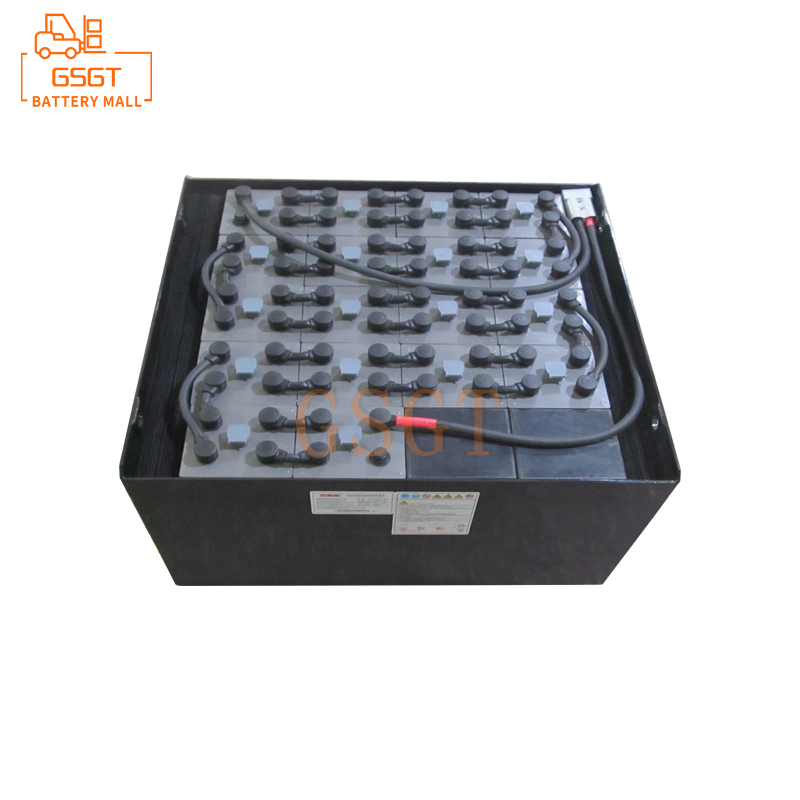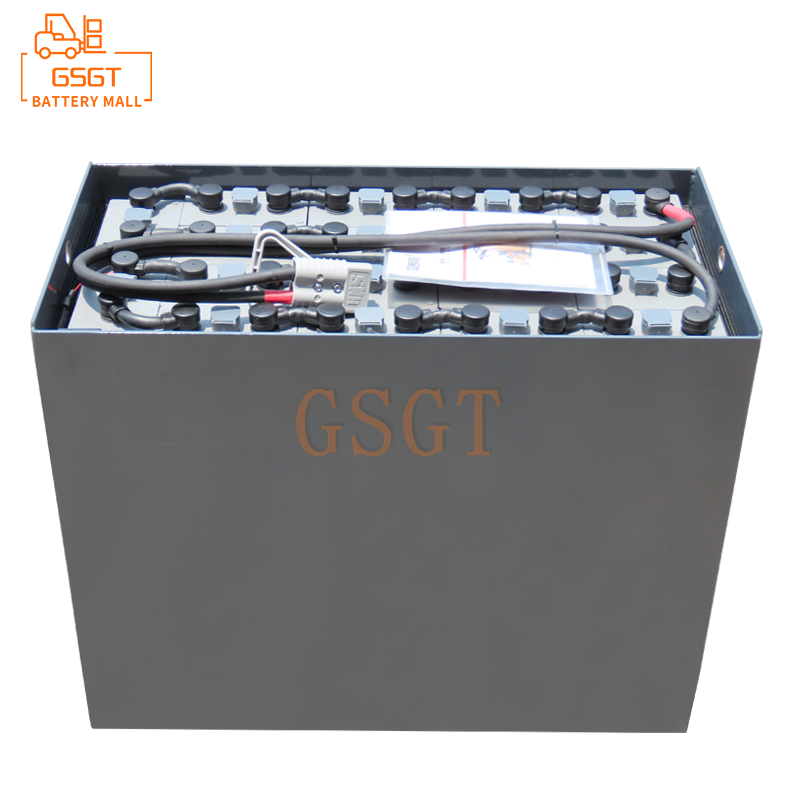Time:2025-07-19 10:19:13
Browse:606
In the field of industrial logistics, forklifts, as the core equipment for material handling, the stability and efficiency of their power sources directly affect the operational efficiency. Lead-acid batteries, as the mainstream power choice for forklifts, have demonstrated numerous irreplaceable outstanding performances through years of technological accumulation and practical application verification. This article will analyze the advantages of lead-acid batteries for forklifts from multiple dimensions, providing a reference for equipment selection by enterprises.
1. Super strong adaptability to working conditions, no pressure in dealing with complex environments
The operating scenarios of forklifts are often diverse and complex, ranging from standard warehouses at normal temperatures to cold storage facilities at low temperatures, and from dry workshops to damp outdoor areas. This places extremely high demands on the environmental adaptability of batteries. Lead-acid batteries stand out particularly in this aspect.
Its plates are made of special alloy materials and can maintain stable charging and discharging performance within the temperature range of -20 ℃ to 50℃. Even in low-temperature environments, a reasonable proportion of electrolyte concentration can reduce crystallization and ensure the normal start-up and operation of forklifts in special scenarios such as cold storage. Compared with some battery types that are sensitive to temperature, lead-acid batteries do not require additional temperature control equipment, significantly reducing the environmental restrictions on operations.
Meanwhile, the casing of the lead-acid battery is made of high-strength ABS material, which has excellent anti-corrosion and impact resistance performance. In manufacturing workshops with a lot of dust or outdoor operations where it occasionally rains, it can effectively protect the internal plates and electrolyte, reducing the impact of the external environment on battery life.
2. Stable power output ensures continuous operation efficiency
In industrial production, the continuous operation capacity of forklifts is the key to improving the efficiency of logistics turnover. Lead-acid batteries, through reasonable plate design and electrolyte distribution, can achieve stable current output, ensuring consistent power performance of forklifts under full load.
In actual tests, high-quality lead-acid batteries for forklifts have a voltage fluctuation of no more than 5% within the 80% battery capacity range. This means that the lifting speed and traveling speed of the forklift will not significantly decline due to changes in battery capacity. For scenarios where heavy goods need to be continuously transported, this stability can prevent operation interruptions caused by insufficient power and reduce ineffective waiting time.
In addition, the charge and discharge cycle characteristics of lead-acid batteries are stable, and they can complete 1,500 cycles of charge and discharge under standard working conditions. Calculated based on one charge and discharge per day, the service life can reach 4 to 5 years, which can meet the equipment update cycle requirements of most enterprises and reduce the cost increase and operation interruption caused by frequent battery replacement.
3. A mature maintenance system reduces usage costs
For enterprises, the maintenance cost of equipment directly affects the overall operational efficiency. After years of technological iteration, lead-acid batteries have developed a mature and convenient maintenance system, which can effectively reduce the usage costs of enterprises.
During daily maintenance, it is only necessary to regularly check the electrolyte level, replenish distilled water, and keep the battery surface clean. Compared with some new types of batteries that require dedicated chargers and complex maintenance procedures, the maintenance threshold for lead-acid batteries is lower, and ordinary equipment operators can complete it after simple training.
In terms of maintenance, the structure of lead-acid batteries is relatively simple and the fault points are clear. Professional maintenance personnel can quickly identify the problem and restore performance by replacing a single plate or electrolyte, without the need to replace the entire battery pack. This feature of local maintenance significantly reduces the cost of later maintenance.
From the perspective of overall cost, the initial procurement cost of lead-acid batteries is only 50% to 60% of that of some new types of batteries. Coupled with the relatively low maintenance and repair costs, its full life cycle cost advantage is significant, making it particularly suitable for small and medium-sized enterprises that are sensitive to costs.
4. Frequently Asked Questions
Question: Compared with lithium batteries, in which scenarios are lead-acid batteries more suitable for selection?
Answer: In low-temperature environments (below -10℃), workshops with a lot of dust, or enterprises that are sensitive to initial procurement costs, lead-acid batteries have more advantages. In addition, for scenarios where the daily operation time does not exceed 8 hours and the charging conditions are limited, the stability and maintenance convenience of lead-acid batteries can better meet the demands. If an enterprise needs to operate continuously for 24 hours and has strict restrictions on battery weight, lithium batteries can be considered.
Question: How to extend the service life of lead-acid batteries in forklifts?
Answer: Firstly, excessive discharge should be avoided. It is recommended to charge the battery in time before it drops to 20%. Secondly, ensure that the charging environment is well-ventilated and avoid charging at high temperatures. Finally, regularly check the density of the electrolyte (non-maintenance-free type) to ensure it is within the standard range. In addition, conducting a balanced charge once a month can effectively reduce sulfation of the plates and extend their service life.
Conclusion
Forklift lead-acid batteries still hold an important position in the industrial logistics field due to their strong adaptability to working conditions, stable power output, mature maintenance system and significant cost advantages. When choosing forklift batteries, enterprises should make a comprehensive consideration based on their own working environment, usage frequency and cost budget. For most enterprises operating under normal conditions, lead-acid batteries are undoubtedly an ideal choice that combines performance and economy. In practical applications, as long as daily maintenance is done well, lead-acid batteries can fully meet the long-term and efficient operation requirements of forklifts, providing reliable power support for the logistics operations of enterprises.

$2180

$5010

$4690

$2960

MESSAGE
Professional And Efficient
Security
Affordable Price
Professional Services